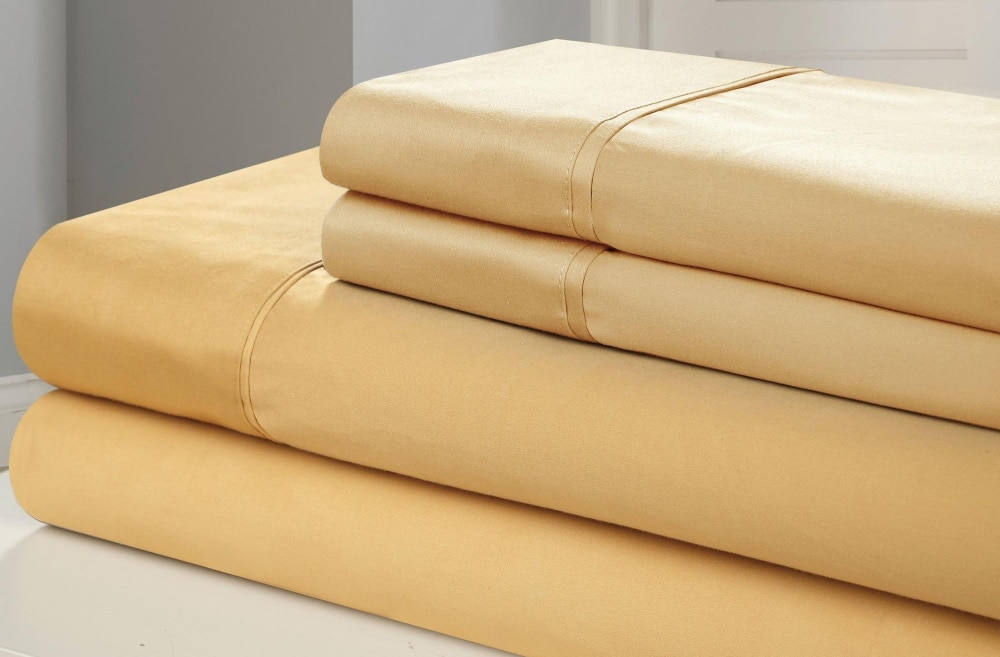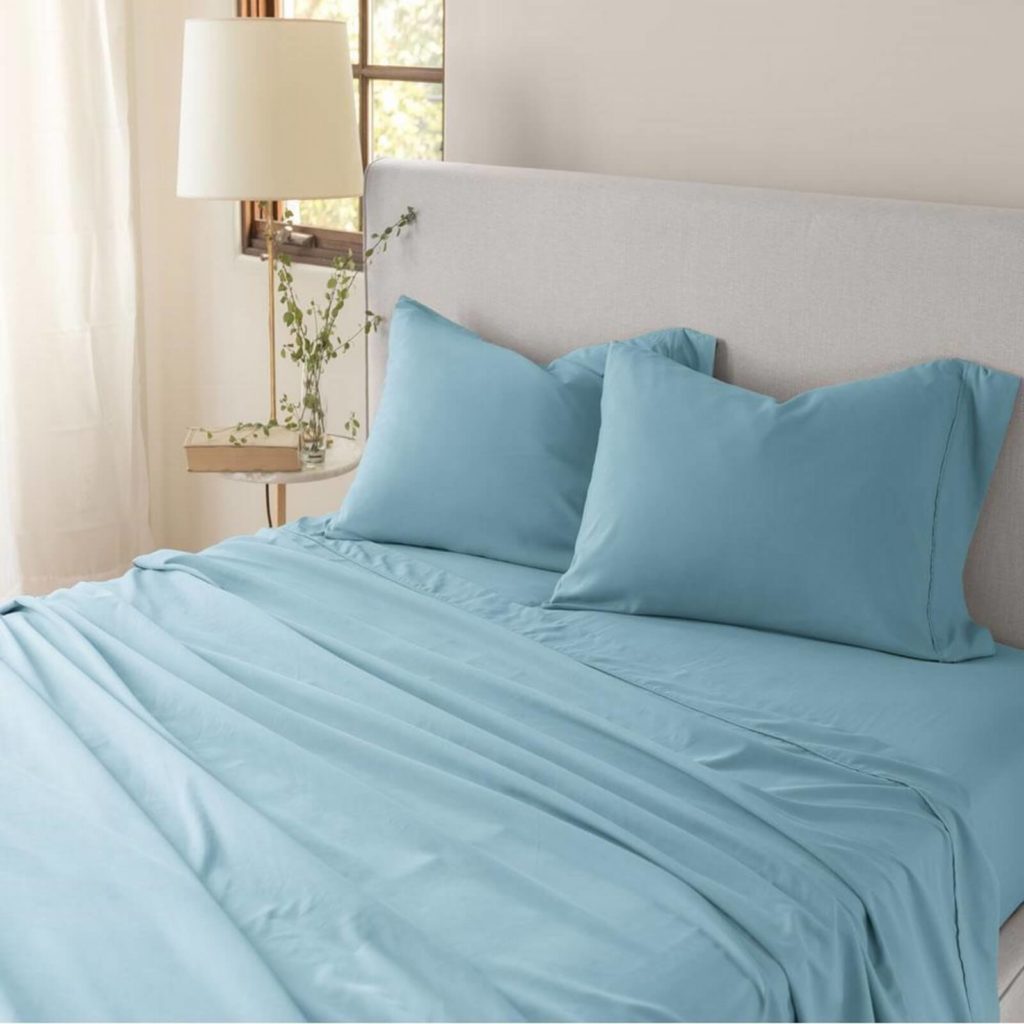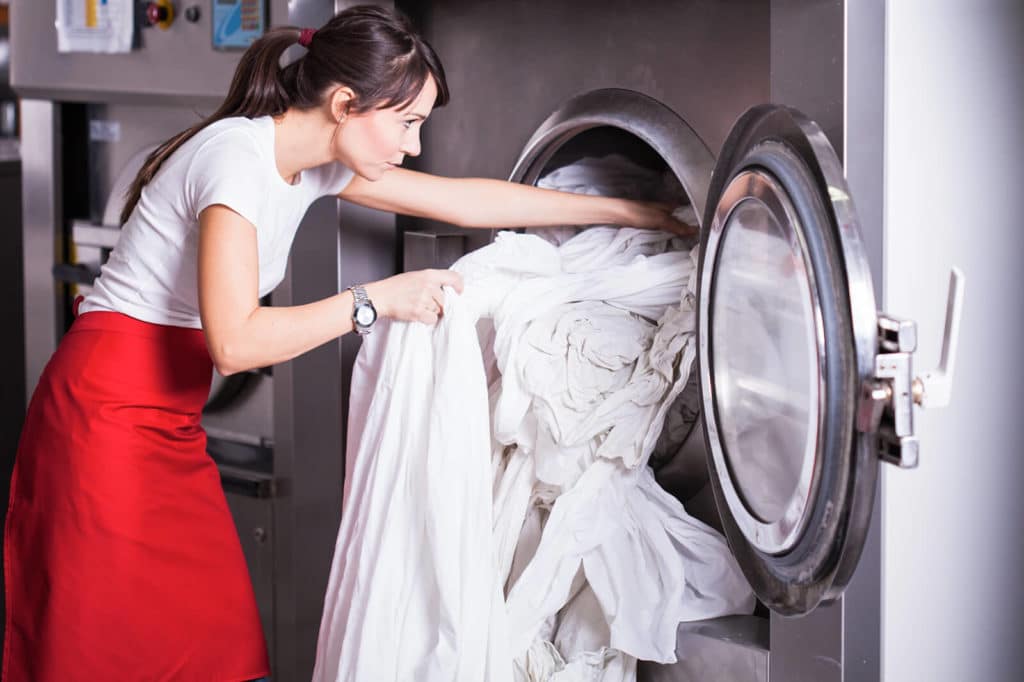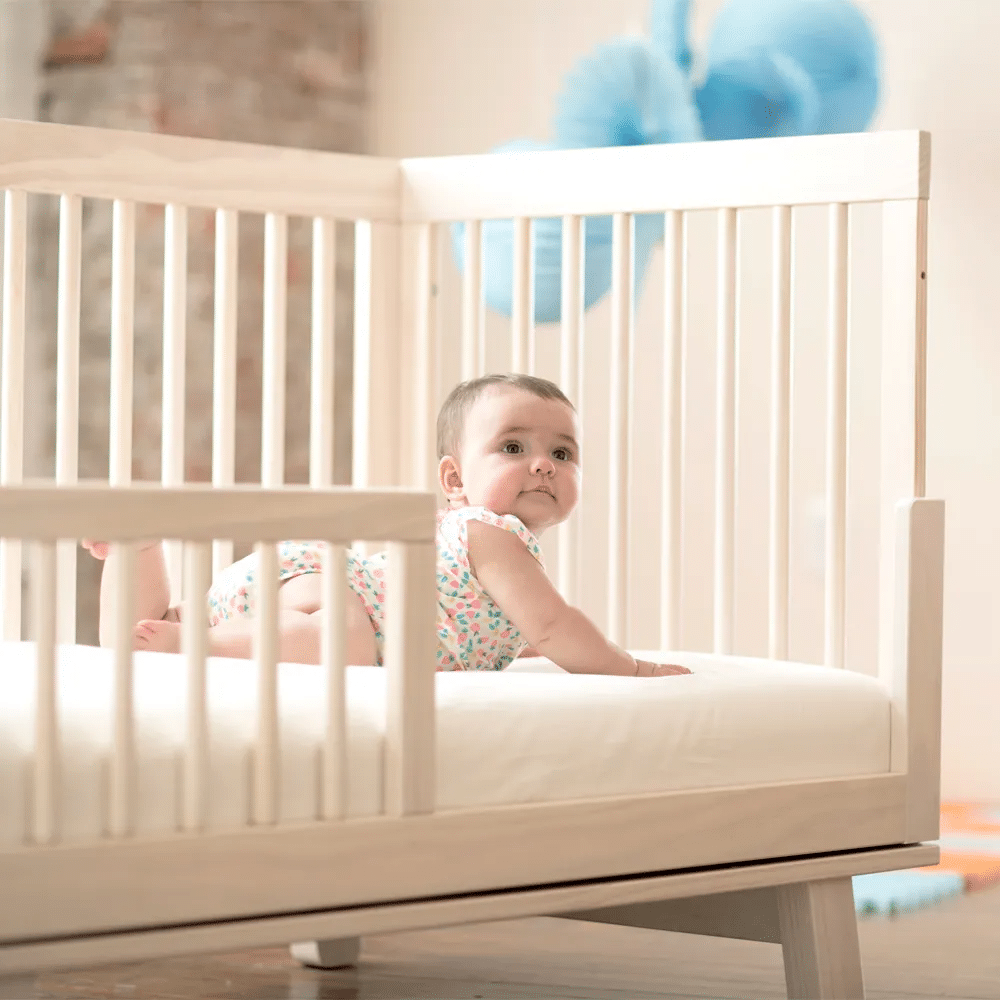

Most of the products we buy online, or in person, are ready to use as soon as we get them, but is this the case with your sheets? Should you wash new sheets before you use them or is it fine to fit them to your bed and use them straight away without having to put them through the laundry? There are multiple schools of thought, but most people are agreed on the benefits of washing new sheets.
We all know that getting into a bed with fresh and crisp washed sheets feels amazing, but does a brand-new sheet have the same impact or do you need to wash it yourself for linen to have this awesome, comfortable feel against your skin? We explore more about washing your new sheets, different types of sheets, and the best practice for washing such as how many times should you wash new sheets, in this guide. Make sure you’re getting the most out of your new linen.
It isn’t 100% essential that you wash brand new sheets, but it is recommended. Some people will find that they get more out of washing than others. It’s not about comfort, it’s about your skin.
If you’re the sort of person who has allergies or your skin is sensitive, you might have to use a detergent that is hypoallergenic and run the sheets through the wash. This can help to prevent the skin getting irritated. A lot of sheets still have chemicals on them, and this residue means that you might find your skin itchy or even have a full allergic reaction.
If the sheets have been dyed then there is also the chance of this dye bleeding out onto your bed, onto a memory foam mattress, or even onto your skin. Good-quality sheets don’t usually do this, but it is not worth taking the risk. Using a laundry sanitizer will also kill the vast majority of any bacteria that may be left on the sheets from any manufacturing processes. Another reason to wash new sheets is the fresh way they feel.
You’ll need your washing machine, as well as a detergent to wash your sheets, but there are some other optional extras. Some people use a half a cup of vinegar. Others use baking soda to help with the feel of the sheets and let them smell fresh.
Dryer sheets are also a good idea, they help get the new smell out of any sheets, and some types of sheets, such as bamboo sheets, may have a smell when they come out of the factory.
You also need somewhere to dry your sheets. A dryer isn’t always recommended, though it can leave you with a nice warm feeling to the sheets, it can shrink them at high temperatures. Drying naturally is usually the safest method, though it does take longer.
If you need any specific materials or to use a specific method to wash your new sheets, it is vital that you pay attention to the instructions that come with your sheets. The manufacturer will explain the very best way to keep your sheets clean.
There isn’t one specific way to wash every sheet. The materials play a big part, and you should always pay close attention to the cleaning instructions. Should you wash new sheets before using them? Yes, but it is important you wash in the correct way! Sheets should always have detailed instructions based on what they are made of and even the colors. Darker sheets should be washed at cooler temperatures.
Bamboo sheets need cold water, so wash them at 30C as a max temperature and use a gentle cycle. Always wash separately from towels or blankets, too. These can cause the sheets to get lint on them.
Cotton sheets, such as the gorgeous Egyptian cotton, are some of the most hard-wearing sheets when it comes to being washed. If you can be delicate, you should, but if you need to wash these at a slightly higher temperature then most types of cotton will be fine, and not be prone to shrinking for example.
Tencel sheets are another modern addition that can feel fantastic. You need to use a gentle wash and mild, bio-friendly detergent, this can stop you from damaging the sheets. Wash separately from other laundry, which also helps you to avoid your sheets getting hooked onto zippers or abrasive parts of other clothing, which can rip or cause pilling.
Luxurious sateen sheets can feel absolutely amazing. They’re delicate and need to be washed with a mild detergent and at a lower temperature. Keep it on a low setting to avoid damage to your brand-new sheets.
Fleece sheets are quite robust. Polyester fleece is stain-resistant, but if you do get a stain you might need to blot the individual area to try and get rid. You can wash these on a cool wash, and it doesn’t matter too much what detergent you use, though we always recommend using biodegradable washing detergent.
If you’re wondering at what temperature should you wash new sheets, Microfiber sheets are some of the most robust. Microfiber sheets can cope with warm water if you want to wash them at a higher temperature. However, there are a couple of things to be aware of. You should wash them with only other microfiber materials because cotton or other materials may grab onto the lint. Also, don’t use any form of fabric softener. This can clog up the space within the fibers and this ruins the fabric altogether. Don’t risk ruining your brand-new sheets before you have even had a proper chance to use them.
So, should you wash new sheets? The answer is usually “yes”. To ensure that you are safe from potential chemicals or dye that is left in the sheet, and just to make sure the sheets are as comfortable as possible, make sure you run the new sheets through a wash before you use them as bedding.
Some types of sheets can be really delicate and this means you need to pay close attention to any specific manufacturer instructions. Washing something like Sateen is very different to washing cotton or fleece, so there isn’t a one-stop solution for every possible type of sheet.
Though washing your sheets is one extra job, let’s face it, it feels so much better to get in a freshly washed set of linen at night. Washing your brand-new sheets means that you can enjoy the feel of them from day one.





